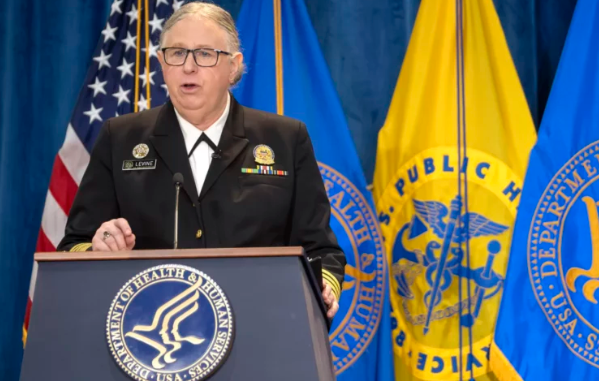
HHS’s description of the grant defines voice dysphoria as “distress because a person’s voice does not match their gender identity,” providing “trans women with deep voices” as an example of the condition.
{snip}
In order to test the effectiveness of their intervention, the HHS-funded researchers will randomly assign 20 transgender women to use the new app and 20 transgender women to use an existing voice therapy app. The researchers will then record the difference in self-reported motivation, practice, and improvement between the two groups. The software will be released for free and possibly updated with additional features after the research is complete.
HHS approved $213,878 in funding for the university’s gender-affirming voice and communication training software and has paid out $140,944 so far. The grant will run until Nov. 30, 2025. The University of Cincinnati, a publicly-funded university located in a red state, hosts a dedicated Gender-Affirming Voice and Communication Modification Program.
Under President Joe Biden, HHS has increased its emphasis on serving the transgender community. Biden has pushed the entirety of the administrative state to prioritize LGBT matters, signing an executive order in January 2021 ordering all federal agencies to combat discrimination against transgender people alongside another order in June 2022 that directed HHS to spend federal funds on projects related to “LGBTQI+” mental health.
{snip}

The Washington Examiner recently reported on a similar grant disbursed by HHS, where the agency paid Drexel University researchers nearly $400,000 to interview transgender people from India and formulate policy recommendations to improve their well-being. One of the recommendations formulated by these researchers was to provide public funding for sex change operations and hormone replacement therapy.
HHS did not respond to the Washington Examiner’s request for comment.
